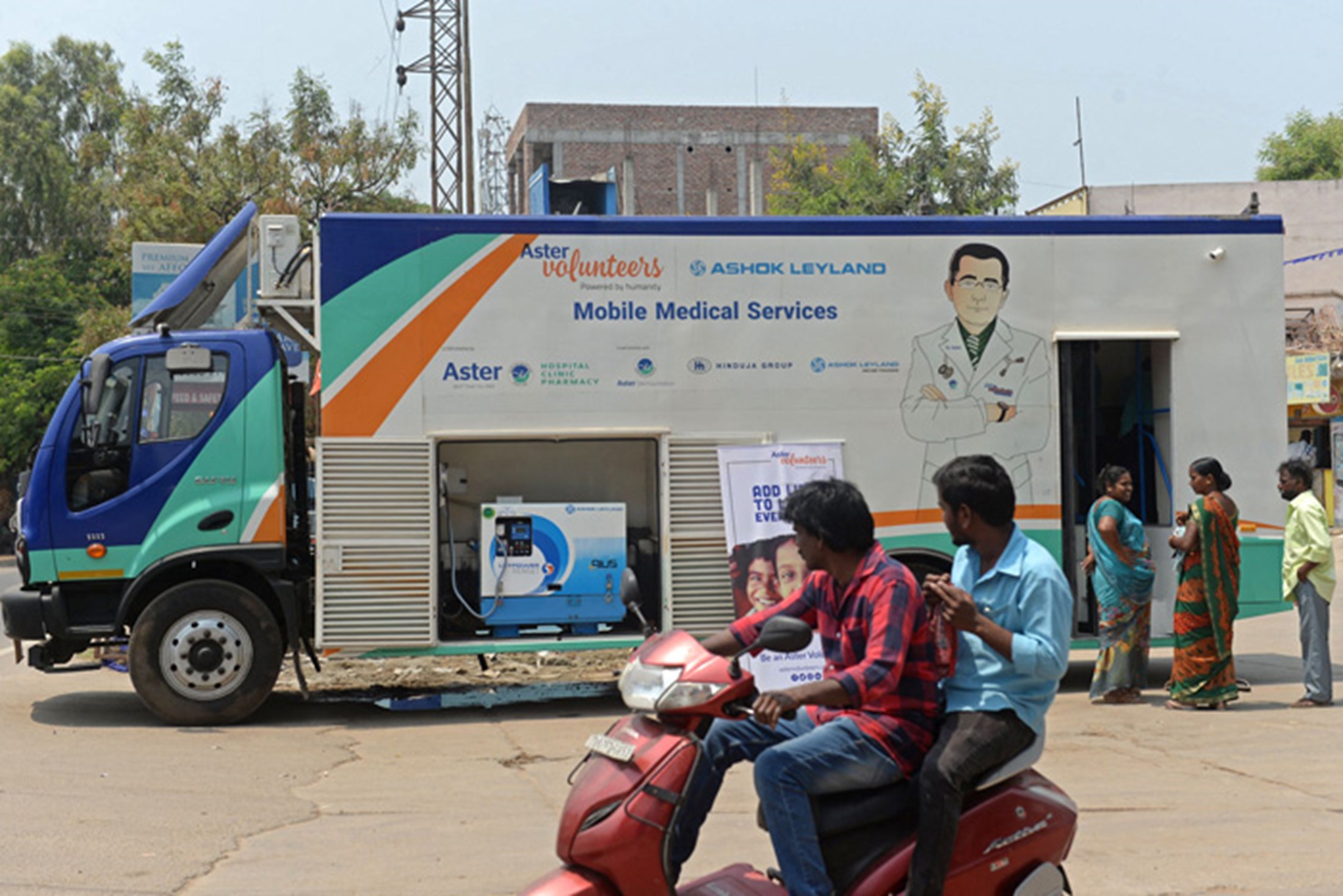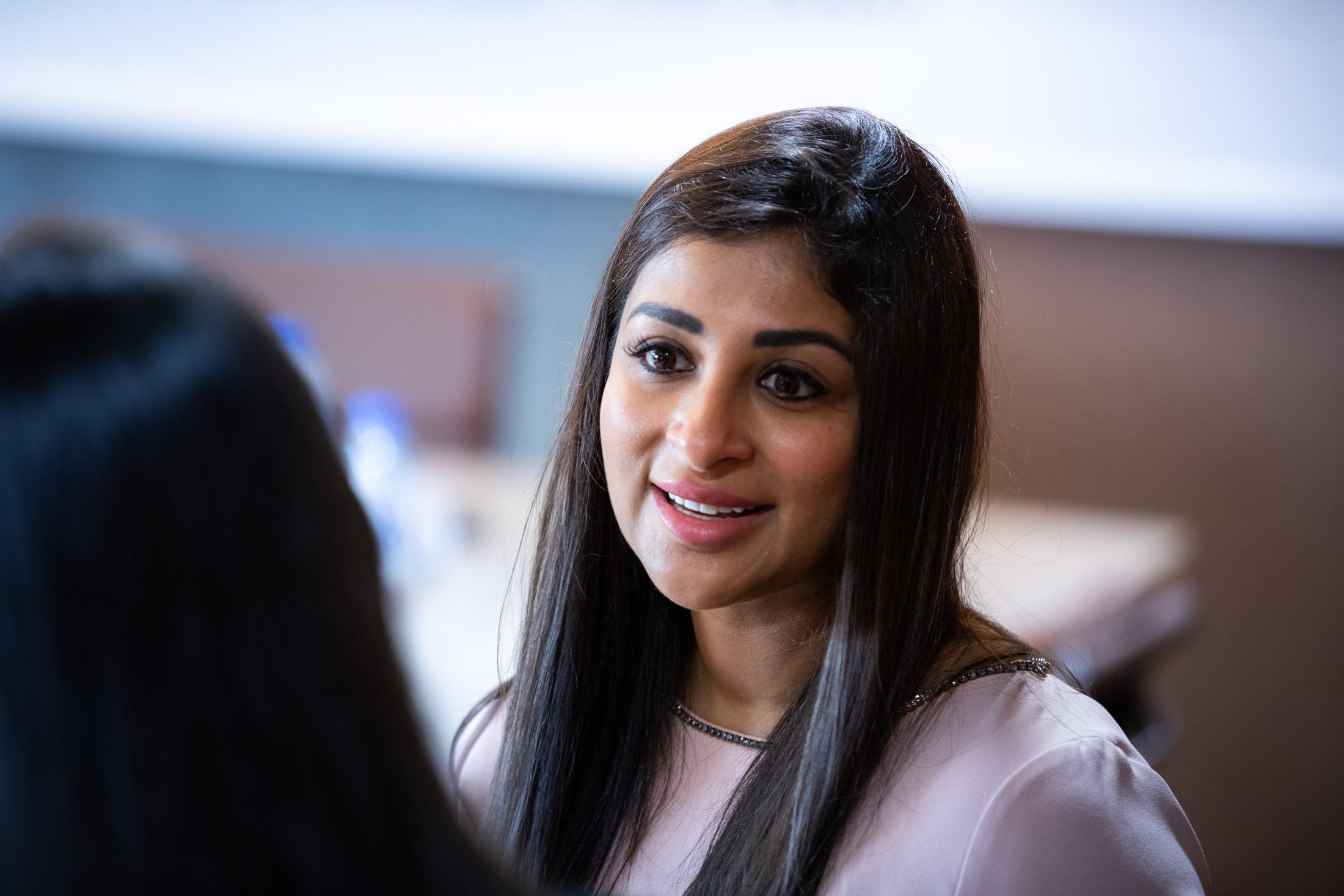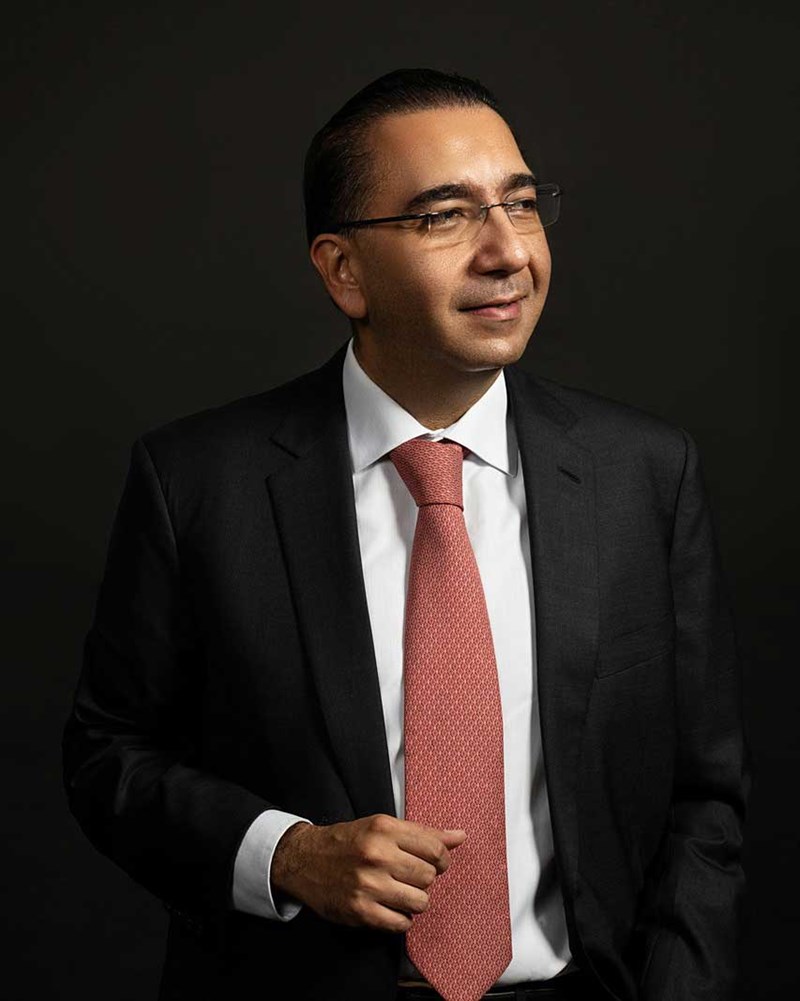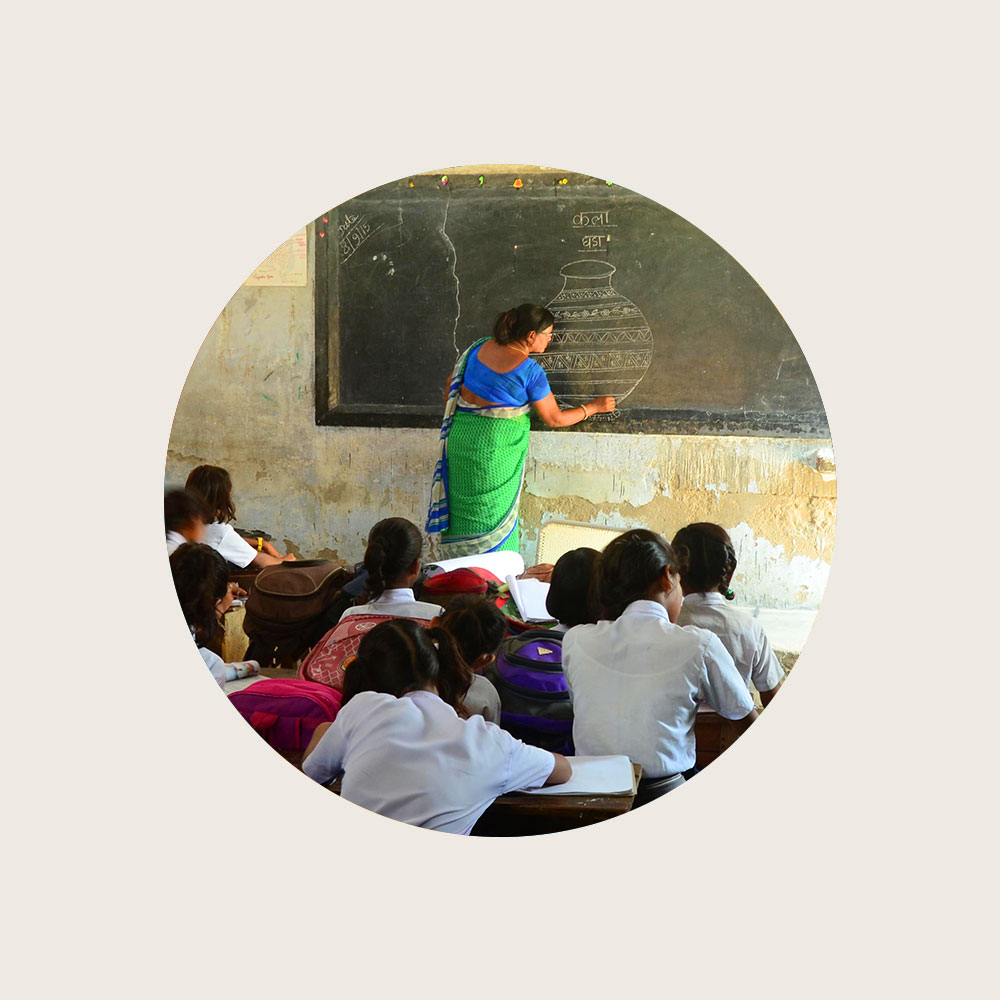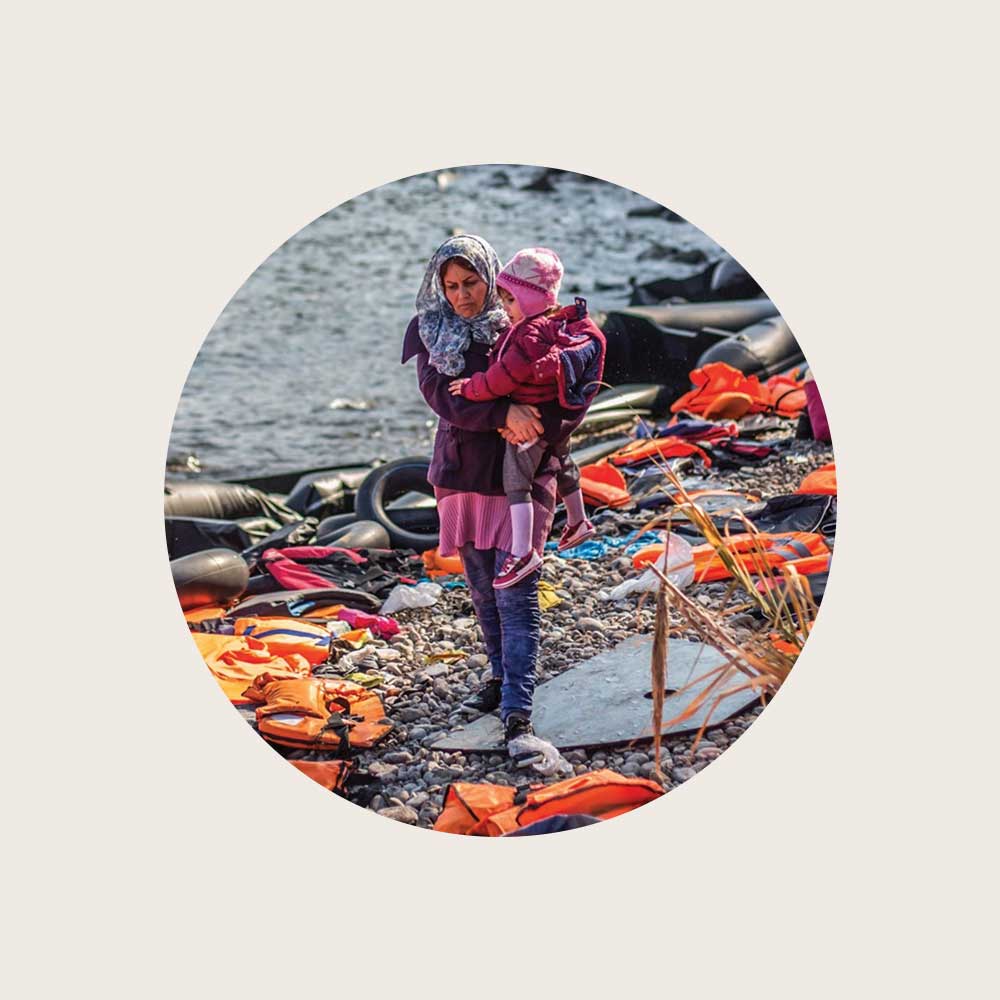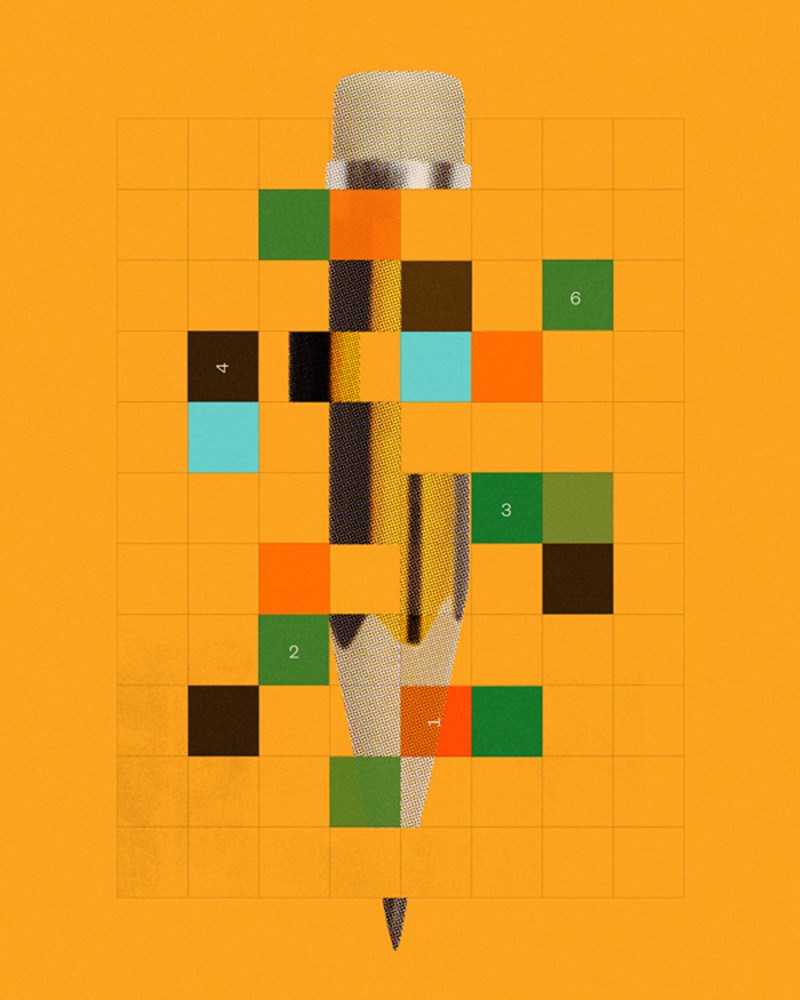Alisha Moopen was encouraged from an early age to allocate a portion of her pocket money towards good causes. This is an approach that has stuck with her over the years and continues to shape her own philanthropic philosophy today.
“We were always nudged to do some something charitable, whether it was sponsoring children, or helping in some other way,” explains the chartered accountant, who now sets aside at least 10 percent of her adult salary each month to donate.
A large part of that early nudging came from Alisha’s father, Dr Azad Moopen, who visited the UAE in the 1980s to raise money for a mosque in his homeland of Kerala but ended up staying on to set up a clinic for blue-collar workers.
This grew into what is now Aster DM Healthcare, one of the region’s largest healthcare conglomerates present in eight countries and employing more than 20,000 people.
Today, Dr Moopen is one of Dubai’s best known Indian businessmen and a renowned philanthropist. His social work has been recognised by an honorary doctorate of philanthropy from Amity University, Dubai, the Padma Shri Award and the Pravasi Bharatiya Samman Award from the government of India, and a string of other CSR accolades.
Although her father is clearly a key influence for Alisha, they didn’t always see eye to eye about philanthropy.
As a member of a conservative Muslim family, Alisha says she used to dislike the way he talked publicly about his donations. “My mother always said: ‘if your left hand gives, your right hand shouldn’t know about it’ so I confronted my father about this,” she recalls.
“He told me it was about creating a domino effect and that it was important that he, as someone people looked up to in the community, was helping to influence positive change.
“I understand that now and that has been a very solid grounding for me,” she tells Philanthropy Age.

